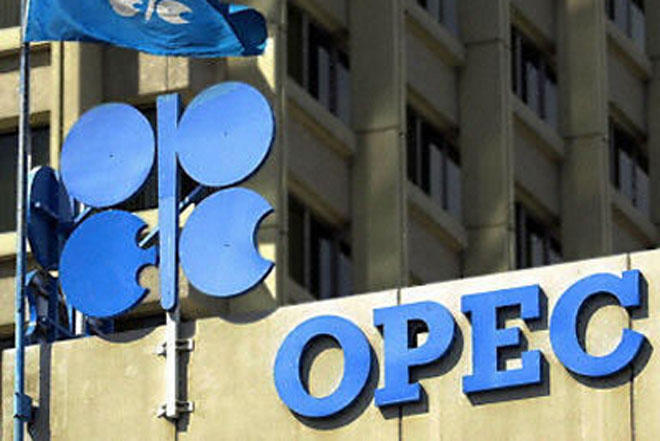Nigeria, Saudi Arabia and other members of the Organisation of Petroleum Exporting Countries, OPEC, have disagreed over oil supplies as meeting of the organisation begins Friday in Vienna, Austria.
The disagreement became obvious, following Saudi Arabia’s lobbying of members to support its call for increased oil supply to the market, according to investigation.
It showed that many nations have been lobbying behind the scene to enable them have their ways due to strong pressure from major consuming nations, especially the United States and China that prefer increased supply and lower prices.
An authoritative OPEC source stated in a telephone interview with Vanguard Wednesday that while Saudi Arabia has openly canvassed for a huge increase in supply, Iran said it would compromise on a small increase in OPEC oil output.
Bijan Zanganeh, Iranian Oil Minister, said OPEC members that had over delivered on cuts in recent months should return to compliance with agreed quotas.
OPEC source also said that pressure for increased output was also coming from some non-OPEC members, especially Russia, currently supporting the position of Saudi Arabia.
Specifically, Russia has proposed that OPEC and non-OPEC should raise output by 1.5 million barrels per day (bpd), effectively wiping out existing production cuts of 1.8 million bpd that have helped rebalance the market in the past 18 months and lifted oil to $75 per barrel.
Dr. Emmanuel Ibe Kachikwu, the Minister of State for Petroleum Resources is already in Vienna, Austria for the engagement.
But a member of Nigerian delegation to the event said as a loyal member, Nigeria would support the position of OPEC leadership to retain the current supply level in order stabilise the market.
A few days ago, Dr. Mohammad Barkindo, OPEC Secretary General, had stated: “The historic ‘Declaration of Cooperation’ literally rescued the oil industry from its worst ever downturn and now constitutes a fundamental and essential feature of the ‘new world of energy’.
“Over the last 18 months, this cooperation has helped return more balance to the oil market, more optimism to the industry and has had a positive impact on the global economy and trade worldwide. It has enabled industry investment to gradually pick up, albeit not yet to pre-2014/15 levels, and has resulted in many jobs returning and unemployment easing.
“The importance of the Declaration has also received backing from other producers, as well as from consuming nations. And it has also caused a significant change in industry-wide and public perceptions of OPEC.
“The organization has ably demonstrated its credentials as a body committed to international cooperation, working with other producers, honouring its commitments and promoting mutual respect among all nations.’’
However, Nigeria’s August export has been threatened by disruptions from Bonny Light, Forcados and Qua Iboe.
The loading plan indicated thus: “The export plans for the major Nigerian crude oil streams were likely to be released on Wednesday. Offers for existing cargoes were still considered by most buyers to be far too high given the extent of the overhang of unsold July-loading barrels.
“Disruption to Bonny Light, Forcados and Qua Iboe will almost certainly mean the August loading schedule is smaller than usual. A power outage last week has forced delays in loadings of Qua Iboe. All nine cargoes in the July programme have been pushed back by about a week, with two cargoes being delayed into August.
“Qua Iboe equity holder Exxon was said to have withdrawn offers for late-July loading cargoes, possibly because of the uncertainty over supply. However, Spokesmen for Royal Dutch Shell and for Nigerian pipeline operator Aiteo on Tuesday said shipments of Bonny Light remained subject to force majeure, while repairs to a key pipeline were ongoing.”

